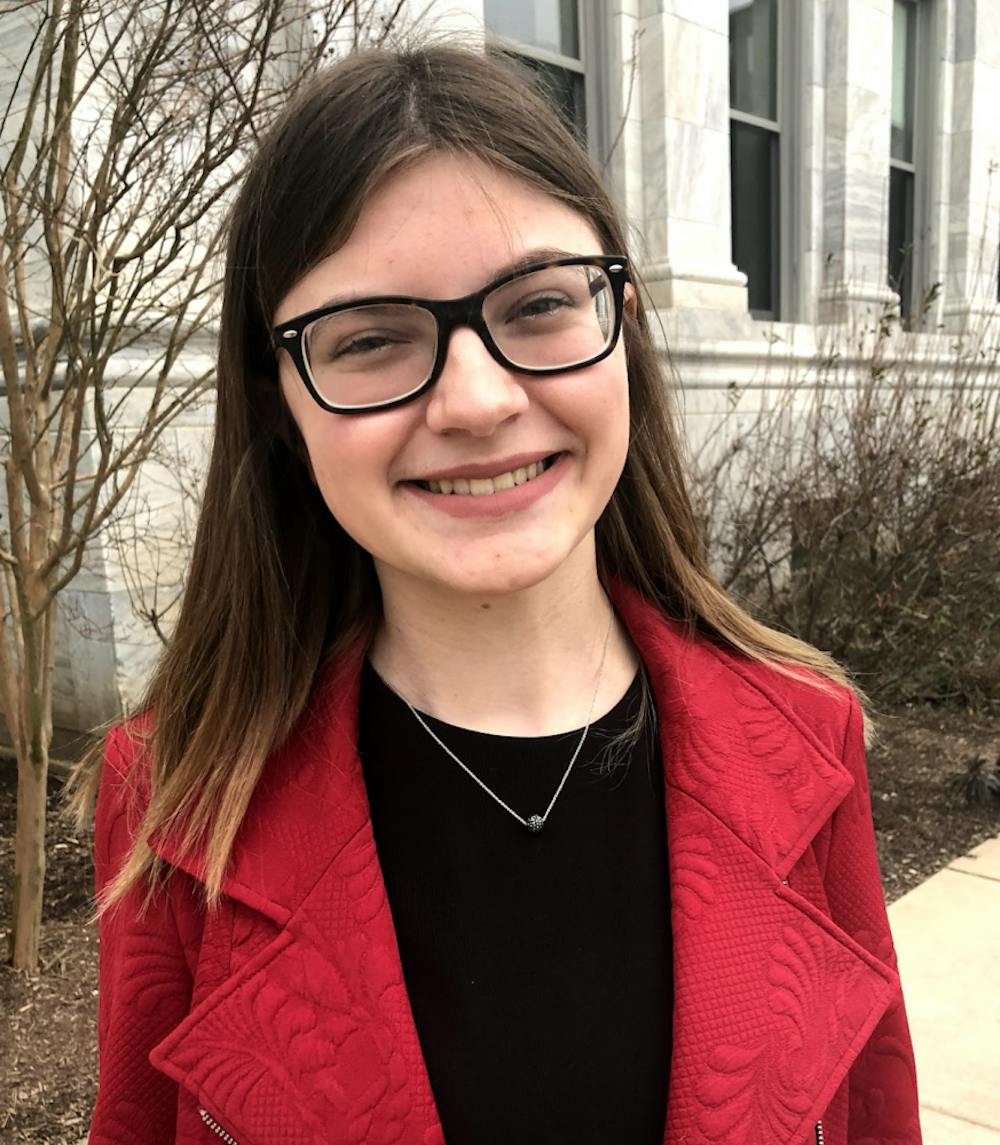In first grade, when a boy called me by my “real name” after getting a glimpse of my school bus pass, I did, in fact, try to report it as bullying. It was so hurtful and invalidating, which is why I acted the way I did. Hearing my legal and preferred names tossed around interchangeably was like I was living a double life. Situations like these only worsened as I grew older. I cried when the wrong name was read at my fifth grade graduation, and was extremely embarrassed when I was told in order for my name to be printed the way I wish in my high school yearbook, I must have a note from a parent.
When you think of androgyny, often you may associate it with being non-binary or genderqueer. However, it’s far more broad. I like Sami for its androgyny, a word I only recently connected my feelings to (and still years later don’t really know how to spell.) An androgynous name is no different than orange or green toys and clothes for babies. The idea that gender is fluid, and not a “this” or “that” ordeal. Only the gender neutral baby items are donated and grown out of, but my androgynous name is a part of me.
The first time I felt validated for my identity was when I was checking in with my mother at a Disney World hotel. Our trip fell near my 13th birthday, and the receptionist gave me a pin to inform everyone that we were celebrating. When she asked what my “preferred name” was, it was the first time I had heard the term. When I told her my name is Sami, she immediately put the pin with my legal name aside and rewrote it for me. I couldn’t explain it in words, but I didn’t see myself in my legal name, and the pin made me feel more like myself.
Many people, especially members of the LGBTQ+ community struggle with the “preferred” vs “legal” name dilemma. This is something I learned more about at AU, when the term I once heard at a Disney Hotel reappeared again and again. When my RAs asked what our preferred names were at our first floor meeting, I was shocked and overjoyed. Then, when professors and instructors asked us what our names were and what pronouns to use, I was very surprised. We were asked what name we wanted, not what they will be calling us according to a roster.
I realized that the AU community was more accepting of individuality than where I grew up, and it gave me hope. After a whopping three days on campus, I had enough looking at my AU ID card with my legal name. I asked for help at the Center for Diversity and Inclusion, and shockingly enough, it was easy to get my name changed all around campus. Soon enough my Gmail, Blackboard, and even my doordeck were changed. These small changes people of different departments on campus made all of the difference to me.
These accommodations are not well-known on campus. They should be more advertised and normalized. The best part about changing my name on campus was, unlike my experiences throughout high school and before then, there were no questions asked. Nobody asked for a note from my mother or an administrator’s approval. And, I realized I was not alone. I met many people in the LGBTQ+ community and not, who had the same name anxiety throughout their lives, and I felt less needy or weird.
There's a fine, yet sometimes invisible line between nicknames and preferred names. For example, someone named Jake may go by Jake with his friends and family, but doesn’t mind seeing Jacob, his legal name, on a document. Someone who uses a preferred name may fear seeing their legal name, and can get hurt if they even read it, especially in public. A doordeck, for example, might seem like just a nametag, however you look at it multiple times a day as you enter your dorm room. Seeing a name you don’t identify with is uncomfortable. People often think a name different than your legal name must be a nickname, because why wouldn’t you just change it? Name changes are no simple feat. In D.C. it’s a $60 court fee. Depending on what kind of court, in my home state it can cost anywhere from $65-$120. I checked this when I was nine. Until name changes are accessible and affordable to all, getting the change done will not be that easy.
Though they are not perfect, there are efforts made for students who don’t identify with their legal names or use different pronouns that others may not be used to. The University’s registration for things like Eagle Summit have an optional field to add a “preferred name.” Everyone at AU comes from different backgrounds, and perception and understanding of the LGBTQ+ varies because of that.
When you meet someone new, don’t assume their identity, or level of sensitivity regarding it. Don’t give them a name like teachers’ rosters, but rather give them an opportunity to label themselves the way they feel. If you’re uncomfortable with how you’re addressed, it’s your right to be able to correct it. In order to coexist as a university, we have to be on the same level of comprehension of what it means to be a community, and how to accept individuals for the identities they truly hold.
Sami Pye is a sophomore in the School of Communication and photo editor for The Eagle.
spye@theeagleonline.com





